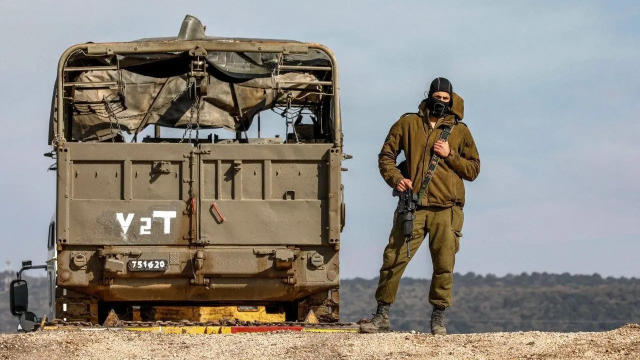World Court says the US illegally froze Iranian assets
The International Court of Justice (ICJ), also known as the
World Court, ruled that Washington had illegally allowed courts to freeze the
assets of Iranian companies. Consequently, the court ordered the United States
to pay compensation to Iranian companies.
On Thursday, the United Nations’ top court, however,
rejected Iran’s legal bid to free up some $2 billion in Iranian central bank
assets frozen by a Citibank account in New York in the U.S.
Kirill Gevorgian, Vice-President of the International Court
of Justice, said that the majority “upholds the objection to jurisdiction
raised by the US relating to the claims of Iran” in regard to the bank.
Rich Visek, Acting Legal Adviser of the U.S. State
Department, reportedly said, "This is a major victory for the US and
victims of Iran’s state-sponsored terrorism.” Reportedly, the US froze $2
billion in Iranian central bank assets to pay in compensation to victims of a
1983 bombing in Lebanon.
On the other hand, Iran's foreign ministry claimed victory
after the World court asked the United States to pay compensation to Iranian
companies.
Iran brought the case to the World Court against the US in
2016. Iran accused the US of allegedly breaching a 1955 friendship treaty by
allowing U.S. courts to freeze the assets of Iranian companies. However, the US
said that the amount was to be given in compensation to victims of a 1983
bombing in Lebanon. The court said that the treaty was valid. The court said
that Washington violated the treaty. However, the court said it did not have
jurisdiction to rule on the Iranian claim linked to assets held by the US
because Iran’s central bank, also known as the Bank Markazi, is not a
commercial enterprise.
Vedant Patel, Principal Deputy Spokesperson at the U.S.
Department of State, said, “We believe that the decision was a major blow to
Iran’s case.”


Comments
Post a Comment